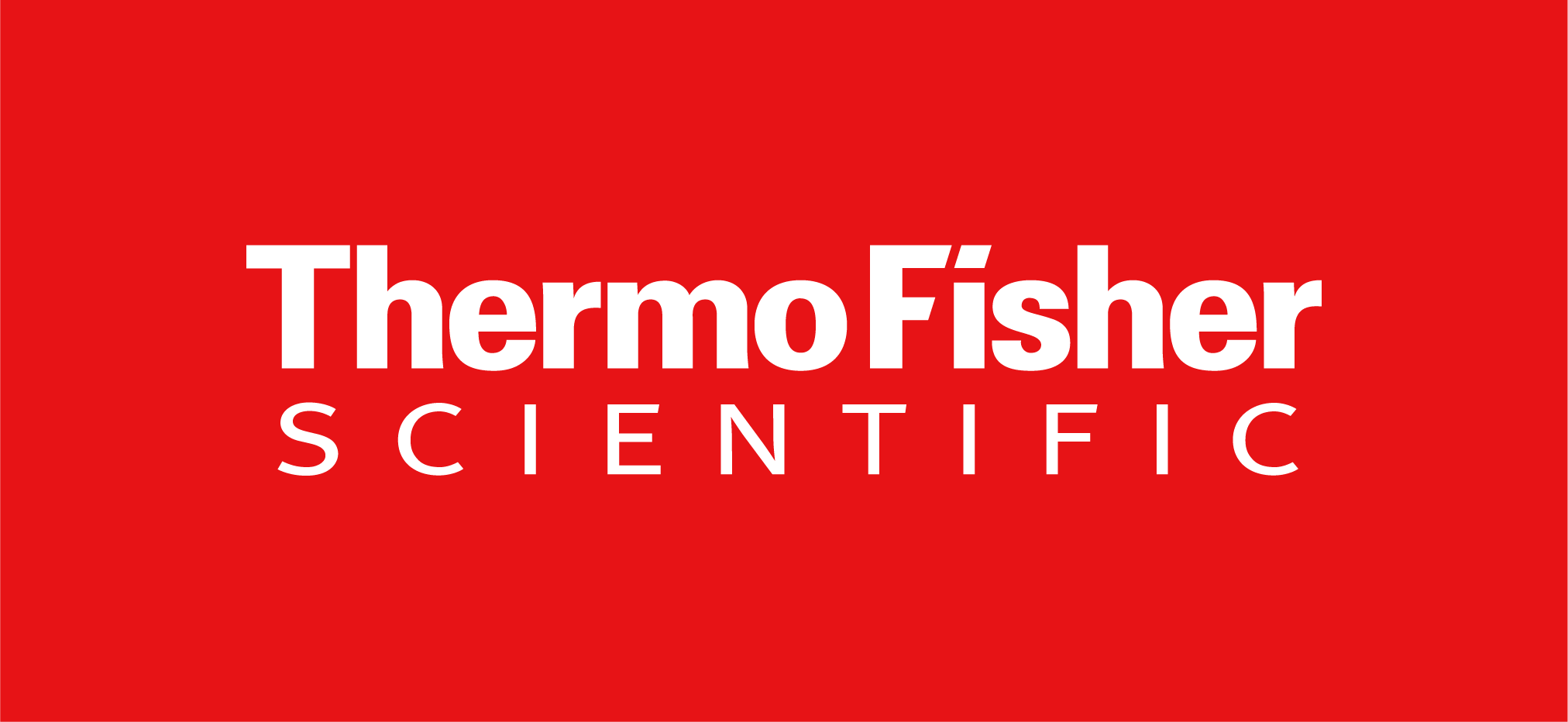
-
Our Mission
Everything we do starts with our Mission: to enable our customers to make the world healthier, cleaner, and safer.
Read More -
Our Mission
Everything we do starts with our Mission: to enable our customers to make the world healthier, cleaner, and safer.
Read More -
Our Mission
Everything we do starts with our Mission: to enable our customers to make the world healthier, cleaner, and safer.
Read More-
- Tackling Crime by Trading Punishment for Treatment
- Customer Stories
- Removing the word serial with rapid DNA
- Turning the tap on without fear
- Second shot at life
- Mission in a Minute
- Creating Empowerment Opportunities in the Veterinary Sciences
- Building hope and affordable homes in Michigan
- Preeclampsia
- This Girl is On Fire
- Counting on You
- Allergy Diagnostic Tests Help Ambitious Tennis Player Get Back in the Game
- Tackling Crime by Trading Punishment for Treatment
- POWER Act Aims to Fund Science-based Technology to Address Opioid Crisis
- Supporting connections that lead to life-saving medical care
- Microbiologist's near-fatal battle with sepsis highlights urgent need for awareness and better treatment protocols
- An Icelandic volcano expedition exploring newly formed lava tubes uncovers insights into Earth's origins.
- How Thermo Fisher Scientific colleagues partner with Ronald McDonald House to support families of pediatric patients
- This is a test
- This is another test for a tutorial!
- Text and Image Demo
- Survivor of domestic violence finds new hope with prosthetic hand
- Thermo Fisher colleagues’ passion to advance HIV clinical trials help make lifesaving therapies a reality
- Clean the World and Thermo Fisher volunteers support communities hard hit by natural disaster
- Thermo Fisher volunteers assemble birthing kits to support underserved mothers and babies
- Life-saving allergy treatment
- Water wise
- Better texture for better batteries
- Lab automation goes viral in honeybee disease research
- How NIH funding transforms organ transplantation
- Thermo Fisher Scientific launches state-of-the-art Advanced Therapies Collaboration Center
- Discovery opens doors for cheaper and quicker battery manufacturing
- Tufts Center study shows integrated drug development services could speed delivery of new therapies to patients up to 3 years faster
- This is a new test
- Thermo Fisher opens the Centre for Advanced Training and Innovative Research to build the next generation of scientists in South Africa
- Thermo Fisher collaboration with Project HOPE helps create opportunities for Nigerian youth
- Thermo Fisher and Rise Against Hunger provide lifesaving support in Haiti
- New Thermo Fisher manufacturing facility boosts U.S. supply chain resilience and creates jobs
- Science and genetic testing buy Stage 4 lung cancer patient 10 more years, and counting
- Thermo Fisher and OpenAI collaboration aims to accelerate clinical trials and enable the delivery of new medicines to patients sooner.
- FDA Clears Thermo Fisher’s EXENT to aid in confirming the diagnosis of multiple myeloma.
- Thermo Fisher Scientific Opens Its Fourth State-of-the-Art Cell and Gene Therapy Collaboration Center
- Turning incurable cancer into a manageable disease: Hope rises for multiple myeloma patients
- Thermo Fisher’s “Her Science” program helps build a community for emerging women scientists
- Tackling Crime by Trading Punishment for Treatment
- How CAR-T cell therapy gave Gideon his tomorrow
-
-
Our Mission
Everything we do starts with our Mission: to enable our customers to make the world healthier, cleaner, and safer.
Read More
